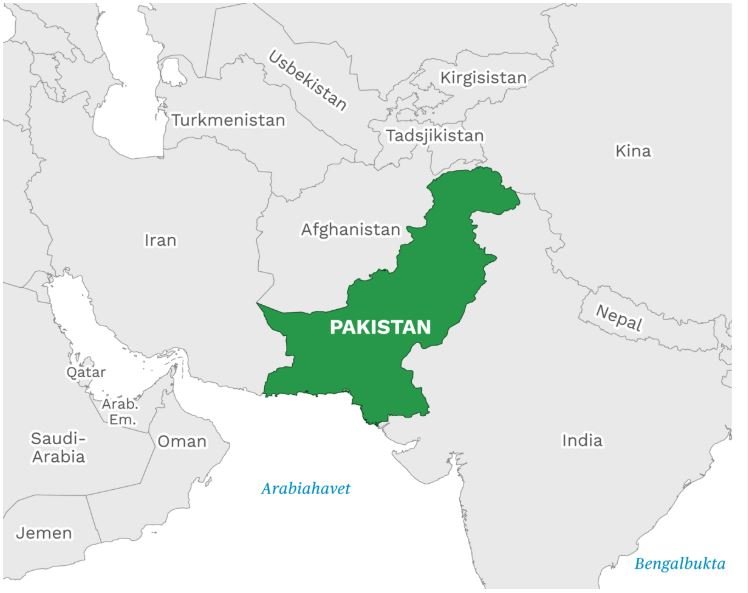Conceptualising the interplay of corruption and an informal security welfare regime: Pakistan case study
November 2025
Research Paper 38
Briefing Note 39
Dr Zahid Mumtaz (Australian National University)
Dr Caryn Peiffer (University of Bristol)
SOC ACE project: Understanding functionality for more effective SOC & corruption strategies and interventions
PUBLICATION SUMMARY
This paper investigates the complex relationship between corruption and informal security welfare regimes, using Pakistan as a case study. In contexts where formal welfare systems are weak or inaccessible, individuals often rely on kinship, community, and patron-client networks for social protection. The study reveals that corruption plays a dual role: it undermines formal welfare provision while simultaneously acting as a survival mechanism for those excluded from official support.
Drawing on conceptual frameworks and empirical data - including audit reports, citizen surveys, and secondary sources - the research shows how corruption deepens exclusion errors, erodes trust in institutions, and reinforces exploitative relationships. Yet, grassroots corruption also enables access to essential services, functioning as a compensatory strategy in fragile welfare environments.
The paper proposes a nuanced framework for understanding corruption’s role in informal welfare regimes, emphasizing its path-dependent nature. Corruption not only entrenches informal structures but also obstructs reform efforts, making indiscriminate anti-corruption policies potentially harmful. Poorly targeted reforms risk dismantling informal welfare channels that vulnerable populations depend on, thereby worsening exclusion and inequality.
Policy recommendations urge prioritizing high-level corruption - such as embezzlement and procurement fraud - over low-level misconduct, which may disrupt informal access without addressing systemic issues. Reformers are encouraged to distinguish between corruption that undermines welfare equity and that which compensates for systemic failures, though this distinction is often blurred, and therefore problematic in practice. Collaborative efforts involving state and non-state actors, including NGOs and religious institutions, may offer more inclusive solutions.
While some initiatives, like the Benazir Income Support Programme (BISP) are promising, they may be susceptible to elite capture. Reforms should enhance outreach while recognizing that some irregularities may serve as informal access points. Ultimately, the paper stresses the need for politically feasible, context-sensitive reforms that strengthen formal welfare systems without destabilizing the informal mechanisms many rely on.
RELATED PUBLICATIONS
Transnational governance networks against grand corruption: cross-border cooperation among law enforcement
Professor Elizabeth Dávid-Barrett , Centre for the Study of Corruption, University of Sussex
Dr Slobodan Tomić, University of York
Moving ‘from political won’t to political will’ for more feasible interventions to tackle serious organised crime and corruption
Professor Heather Marquette, University of Birmingham




